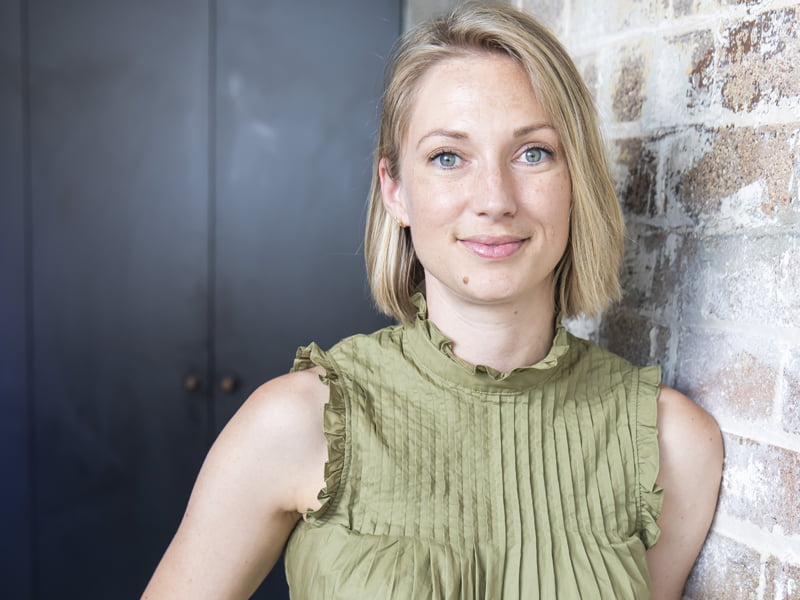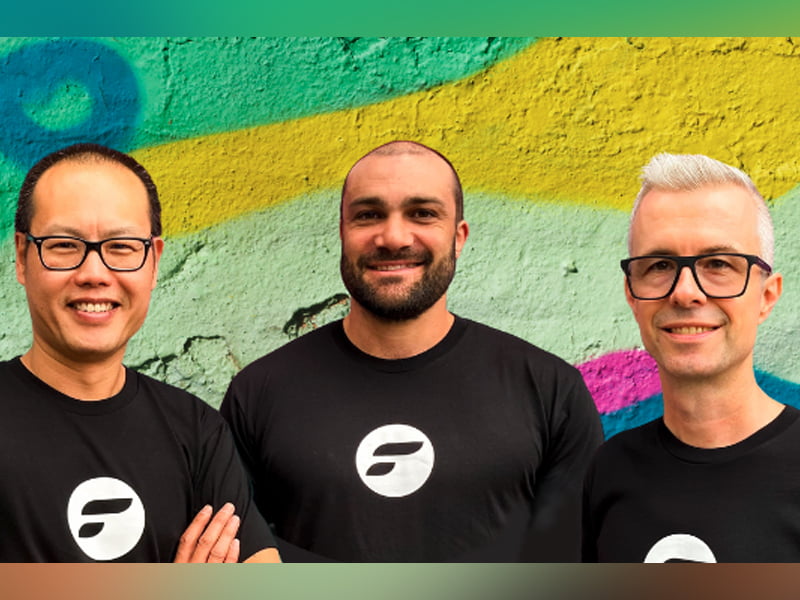Climate-focused innovation and gaming are among focus areas of Australian startup accelerator Startmate’s largest ever intake of companies revealed this week as part of its winter cohort.
The nineteen companies, which comprise six from New Zealand, also includes ventures spanning AgTech, mental health, the creator economy, cybersecurity and FinTech.
Backed by Mike Cannon-Brookes’ Grok Ventures, Startmate’s climate stream is focused on launching the next wave of companies working on technologies the accelerator hopes will have large atmospheric C02-equivalent reduction.

The climate stream is made up of AgTech artificial intelligence startup Agtuary, personal care startup baresop, storage-as-a-service solution EnergyBank Limited, robotics startup Ripe Robotics, and renewable energy storage startup Vertus Energy Limited.
Other members of the latest intake include Australian fintech startup Flux, a gamified financial education platform that rewards young Australians for adopting positive financial habits; New Zealand-based workplace psychological safety platform chnnl, which identifies potential problems, negative trends, bullying and burnout to help employees and employers alike; Vets on Call, a platform aimed at changing the way vet services are acquired and delivered; and Opvia, which aims to help B2B organisations sell more by making quoting fast, easy and accurate.
Startmate operates in a growing space of incubators and accelerators that include Skalata Ventures, Cicada Innovations, Incubate, CyRise, Galileo Ventures and the Founder Institute.
Universities have also been on the accelerator bandwagon for some time now, with the Swinburne Accelerator Program, Sydney University’s Incubate, Melbourne University’s Melbourne Accelerator Program, and UNSW’s Founders 10x among them.
Startmate’s principal Lauren Capelin told InnovationAus the pandemic had no effect on application numbers, with 543 in total – 470 from Australian companies and 73 from New Zealand.
“There’s a real mix of enterprise and software-as-a-service businesses, but also a bunch of interesting and more frontier technology going on,” Ms Capelin said. “So companies working in gaming and the metaverse space, and we have some people exploring psychedelics in treating mental health.”
The company working on psychedelics, Psylo, claims to be Australia’s first psychedelic biotech company. It believes the way we treat mental illness is broken and is on a mission to develop psychedelic medicines to redefine how mental illness is treated.

Ms Capelin said Startmate’s courses have been delivered remotely since the 2020 cohort last year.
“There are aspects which are obviously disappointing that we can’t do, which is essentially just ensuring that everybody can build these forums face-to-face as a cohort,” she said.
“But I think the way we’ve been able to leverage technology to offer a fairly similar experience in the constraints that we have has still been a huge upside.
“That kind of remoteness keeps people focused on the job at hand, which is actually running their own business, and then tapping into the mentor community and the peer support, and those accountability processes that ultimately make Startmate so special.”
Ms Capelin said state governments, such as Victoria’s, had been doing “great work” to support local ecosystems. LaunchVic recently poured $1.8 million into Startmate to expand into Victoria, bring the state government’s total investment to more than $4 million into the program.
The founder of baresop, Prisca Ongonga-Daehn, is tackling the challenge of single-use plastic packaging with zero-waste, powder-to-foam hand, body and hair washes.
“Traditional hand and body soap products are 90 per cent water, and 10 per cent active ingredients. All that water means so much unnecessary packaging,” Ms Ongonga-Daehn said. “I am on a mission to change that.”
Meanwhile, EnergyBank offers a solution for electricity companies allowing renewable energy to compete with, and displace, fossil fuel generation.
“We have designed our technology to be capable of economically enabling the full decarbonisation of electricity grids in Australia and beyond,” EnergyBank co-founder Tim Hawkey said.
Since launching in 2019, Startmate’s climate stream has had 12 companies complete the program, which collectively have gone on to raise approximately $27 million. In October 2020, Australia’s Clean Energy Innovation Fund backed the stream to the tune of $300,000 over three years.
Currently in week four of 12, Startmate’s startups will receive mentorship and support from its network of Australian and NZ mentors, as well as an investment from Startmate itself. For companies that haven’t previously raised a round, Startmate invests $75,000 at a $1 million valuation (in exchange for 7.5 per cent equity).
The latest cohort will present to a global audience of founders, mentors and investors on 7 October.
Startmate says it has invested in more than 150 startups over its 11-year history. It estimates its alumni have a collective valuation of $1 billion and has created more than 1400 jobs.
Do you know more? Contact James Riley via Email.

